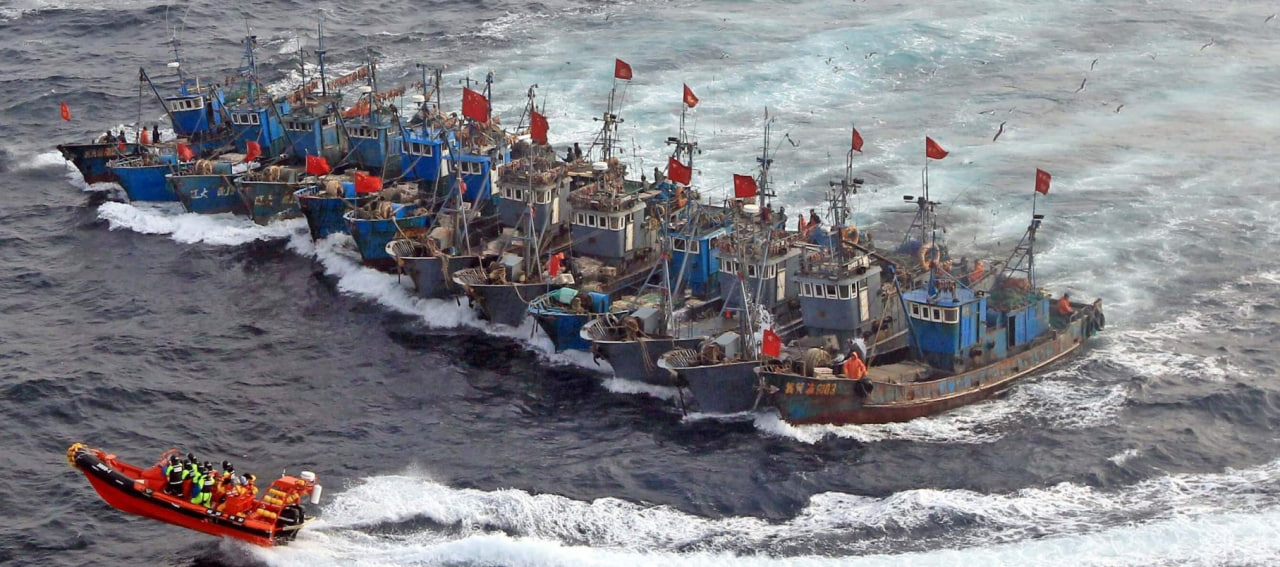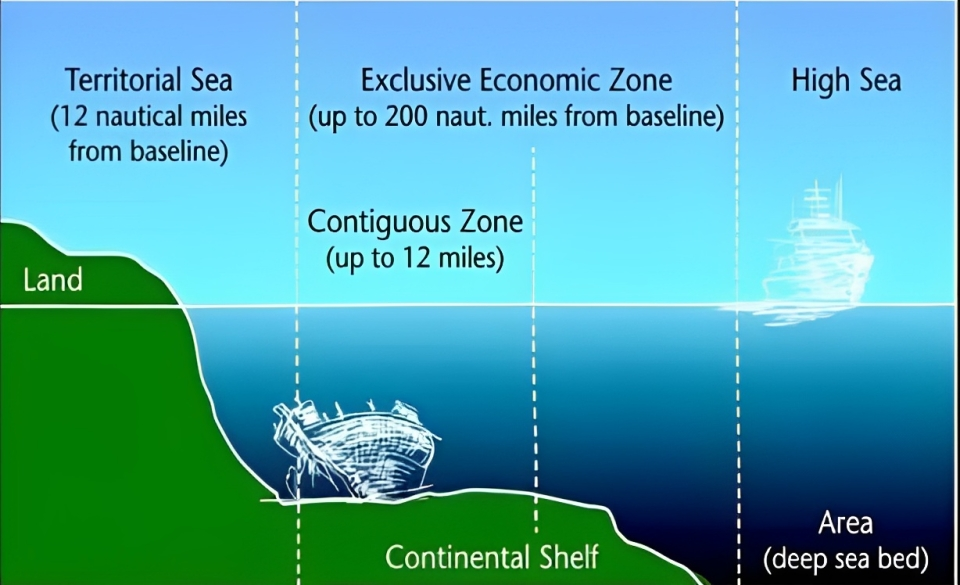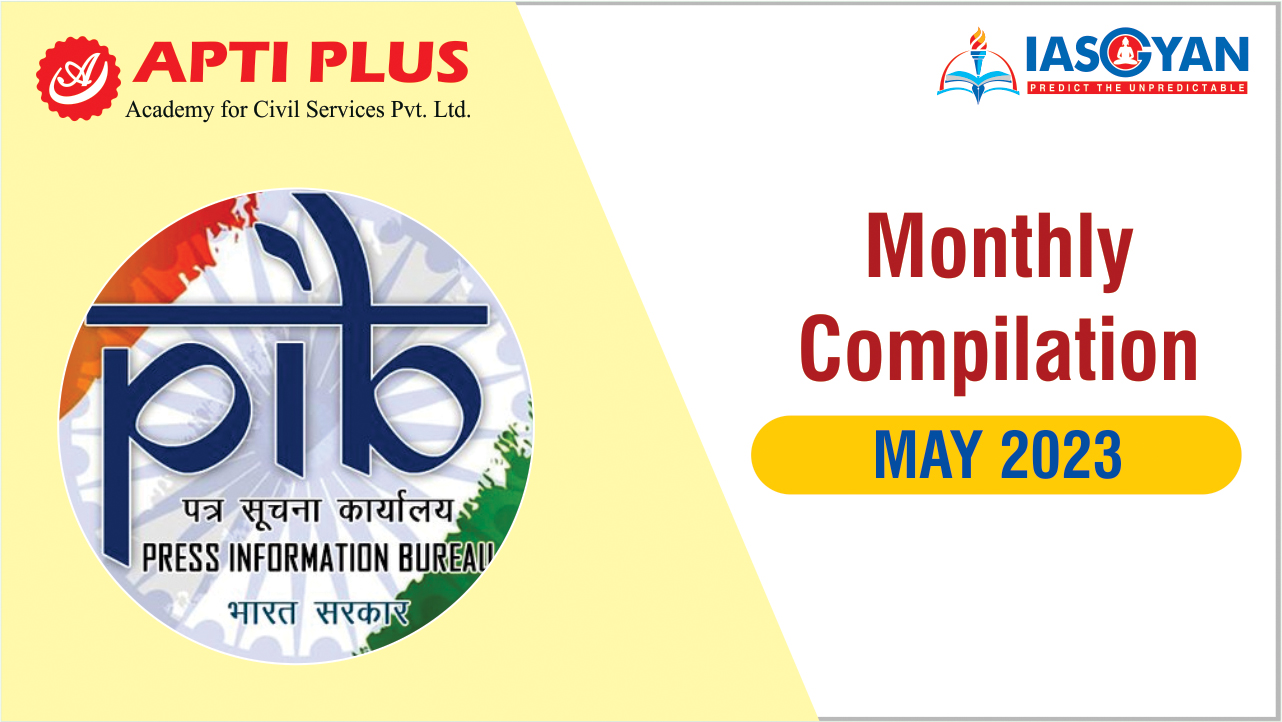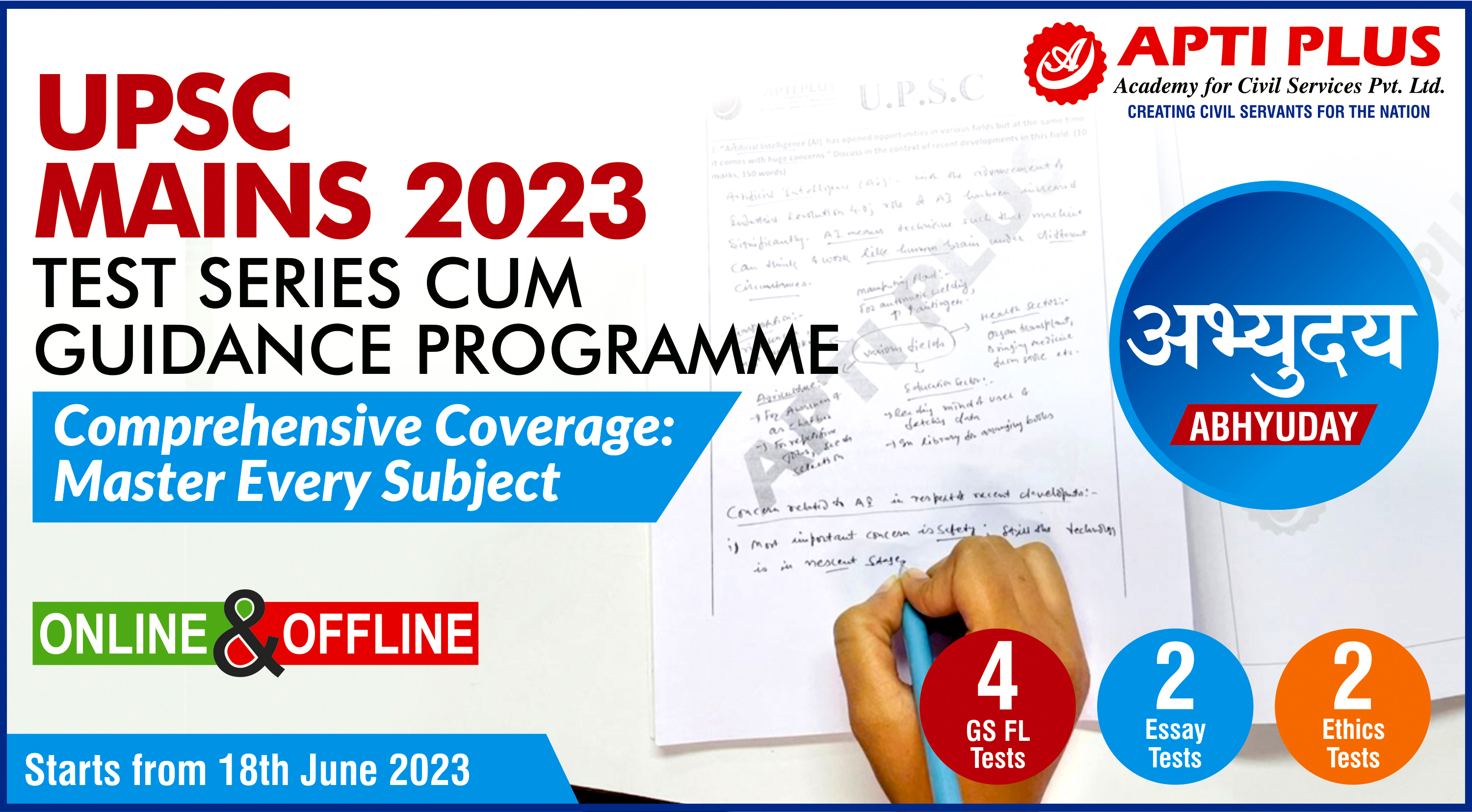Description

Copyright infringement not intended
Context: The Kerala State Fisheries Coordination Committee (KSFCC), a representative body of various fishermen's unions and associations, has expressed its strong opposition to the draft guidelines issued by the Union government for regulating fishing by Indian-flagged vessels on the high seas.
Details
- The KSFCC has termed the guidelines as "anti-fisherman" and "pro-corporate" and has threatened to launch a massive agitation if the government does not withdraw them.
Highlights of the draft
- The draft guidelines, which were released in 2022, aim to regulate fishing activities by Indian vessels in international waters beyond the 200 nautical mile exclusive economic zone (EEZ) of India.
- The guidelines require any person engaging in high-seas fishing to obtain a valid permit from the Union Ministry of Fisheries, which is the issuing authority.
- The permit fee ranges from Rs 50,000 to Rs 5 lakh depending on the length of the vessel.
- The permit is valid for two years and can be renewed.

Government Arguments
- The government has justified the need for the guidelines by stating that they are intended to prevent over-exploitation and ensure the sustainable use of marine resources on the high seas.
- The government has also claimed that the guidelines will enable Indian vessels to tap into the resources that are currently being exploited by foreign vessels from countries like Japan, Korea, China, and the European Union.
KSFCC Arguments
- The KSFCC has raised several objections and concerns regarding the draft guidelines.
- They said that the guidelines violate the proposed Indian Marine Fisheries Regulation Act, which is yet to be enacted.
- They alleged that the guidelines are favouring private players and monopolies at the cost of small-scale and traditional fishermen who depend on fishing for their livelihood.
- They said that the permit fee is exorbitant and unaffordable for most fishermen who operate small boats.
- They said that the guidelines do not address the issues of security, safety, and welfare of Indian fishermen on the high seas.
- They said that the guidelines are against the principles of sustainability and conservation as they will allow indiscriminate fishing on the high seas without taking into account regional and international regulations and agreements.
Suggestions by KSFCC
- They suggested that India should form a Regional Fisheries Management Organisation (RFMO) with neighbouring countries like Pakistan, Oman, Sri Lanka, Myanmar etc., and consult with the Indian Ocean Tuna Commission (IOTC), which is an intergovernmental body responsible for managing tuna and tuna-like species in the Indian Ocean.
- They suggested that instead of corporatising high-seas fishing, the government should promote co-corporatisation and community-based management of marine resources. They said that this would ensure equitable distribution of benefits and responsibilities among all stakeholders.

Sustainable fishing
- Sustainable fishing is a practice that aims to preserve the health and diversity of marine ecosystems while ensuring the long-term viability of the fishing industry.
- It is based on the principle that fish stocks should be harvested at a rate that does not exceed their natural capacity to replenish themselves.
Background
- The concept of sustainable fishing emerged in response to the growing evidence of overfishing and its negative impacts on marine life and human livelihoods.
- Overfishing occurs when more fish are caught than the population can replace through natural reproduction.
- According to the Food and Agriculture Organization (FAO), over 30% of the world's fish stocks are overfished, and another 60% are fully fished, leaving only 10% underfished.
- Overfishing can lead to the depletion of fish stocks, the loss of biodiversity, the degradation of habitats, the disruption of food webs, and the decline of socio-economic benefits.
Sustainable fishing involves a range of measures and practices that aim to balance the ecological, economic and social aspects of fishing. Some of these include:
- Setting catch limits based on scientific assessments of fish stock status and biological reference points.
- Implementing selective fishing methods and gear that minimize bycatch and discards of unwanted or endangered species.
- Establishing marine protected areas and no-take zones that protect critical habitats and spawning grounds.
- Promoting co-management and participatory approaches that involve fishers and other stakeholders in decision-making and monitoring.
- Enhancing traceability and transparency along the supply chain to ensure legal and responsible sourcing of seafood.
- Encouraging certification and eco-labelling schemes that reward sustainable fishing practices and inform consumers.
Sustainable fishing has multiple benefits for the environment, the economy and society. Some of these include:
- Conserving fish stocks and biodiversity for future generations.
- Maintaining ecosystem functions and services such as nutrient cycling, carbon sequestration and climate regulation.
- Supporting food security and nutrition for millions of people who depend on fish as a source of protein and essential micronutrients.
- Generating income and employment for coastal communities and developing countries that rely on fishing as a main or supplementary activity.
- Reducing poverty and inequality by empowering small-scale fishers and enhancing their access to markets and resources.
- Fostering social cohesion and cultural identity by preserving traditional fishing knowledge and practices.
Despite the growing awareness and efforts to promote sustainable fishing, there are still many challenges and barriers that hinder its implementation. Some of these include:
- Lack of data and information on fish stock status, catch levels, bycatch rates, illegal fishing activities, etc.
- Lack of political will and commitment to enforce regulations and allocate resources for sustainable fishing.
- Lack of coordination and cooperation among different actors and sectors involved in fisheries management at local, national, regional and global levels.
- Lack of capacity and incentives for fishers to adopt sustainable fishing practices and comply with rules.
- Lack of consumer awareness and demand for sustainable seafood products.
- Lack of innovation and technology to improve fishing efficiency, selectivity, quality and safety.
To overcome these challenges and achieve sustainable fishing, there is a need for a holistic and integrated approach that addresses the root causes and drivers of overfishing.
Some of the key actions that can be taken are:
- Strengthening data collection and analysis to improve scientific knowledge and advice on fish stock status and management options.
- Strengthening governance systems and institutions to ensure effective implementation and enforcement of regulations and standards for sustainable fishing.
- Strengthening collaboration and partnerships among different actors and sectors involved in fisheries management at local, national, regional and global levels.
- Strengthening capacity building and education for fishers, managers, policymakers, consumers and other stakeholders to enhance their skills, knowledge, attitudes and behaviours towards sustainable fishing.
- Strengthening innovation and technology development to improve fishing efficiency, selectivity, quality and safety.
- Strengthening communication and outreach to raise awareness and demand for sustainable seafood products among consumers.
Conclusion
- Sustainable fishing is a practice that can ensure the long-term health and productivity of marine ecosystems while providing socio-economic benefits for millions of people. It requires a collective effort from all stakeholders involved in fisheries management to adopt measures and practices that balance the ecological, economic and social aspects of fishing. By doing so, we can contribute to achieving the Sustainable Development Goals (SDGs) related to ocean conservation, food security, poverty reduction, climate action, etc.
Must Read Articles:
High Seas Treaty: https://www.iasgyan.in/ias-gazette-magazine/perspectivehigh-seas-treaty
Fisheries sector in India: https://www.iasgyan.in/daily-current-affairs/fisheries-sector-in-india-23
|
PRACTICE QUESTION
Q. Sustainable fishing is a practice that aims to preserve the health and diversity of marine ecosystems while providing food and livelihoods for people. How can sustainable fishing balance the environmental, social and economic aspects of marine resource management?
|

https://www.thehindu.com/news/cities/Kochi/new-high-seas-guidelines-against-our-interests-say-fishermen/article66982947.ece
















